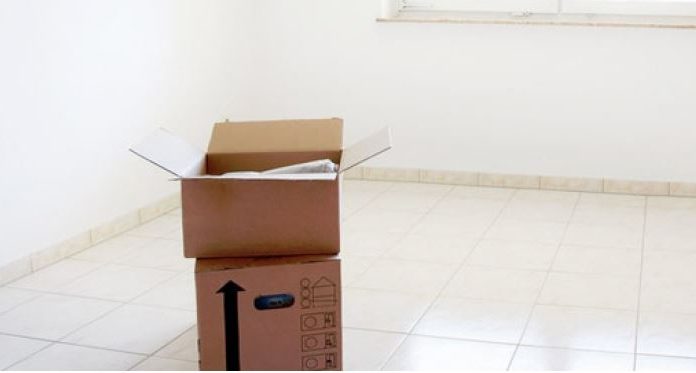Good dental hygiene habits are essential at any age, but even more crucial as you (and your teeth) begin to age. As you get older and into your senior years, you are more likely to face certain issues when it comes to your oral health. As you get older, certain dental conditions that were not present when you were younger have a higher likelihood of developing, which is why dental care for older adults is so important. Here are some problems and issues that you are more likely to face as you get older, and what you can do about them.
Dry Mouth
Getting older in and of itself doesn’t necessarily make getting a dry mouth more likely. However, there are certain features of growing older, such as medical conditions or regular medication, that can increase your risk of suffering from a dry mouth, which can lead to more decay and cavities. Your dentist can recommend various methods to try to help restore the moisture in your mouth or prescribe you a treatment to help deal with this. If you tend to suffer with dry mouth predominantly in the morning, one surprising remedy is to use anti-snoring strips to prevent you from breathing through your mouth and drying it out at night.
Wear and Tear
Wear and tear, or attrition is inevitably going to happen to your teeth as you get older since many years of chewing and grinding food will take its toll on a set of teeth that are getting older. As the enamel wears down, your risk of developing cavities will increase, which is why it’s so important as you get older to be careful with the food that you eat and be sure to practice good oral hygiene habits daily. You might find it useful to invest in an electric toothbrush as this can reach hard-to-get-to areas in your mouth that you’d struggle to reach with a manual brush. It’ll also make sure that the right amount of pressure is put on your teeth when brushing, which can be useful for looking after your enamel.
Oral Diseases
As you get older, your risk of certain oral diseases and conditions will increase. This could be less serious conditions, such as thrush, which involves an abnormal fungus growth in the mouth and can be easily treated with anti-bacterial treatments. On the more serious side of things, your risk of oral cancer will increase as you age, so it’s important to go for a regular dental appointment as your dentist will be able to spot any risk factors or early signs and treat them accordingly.
Looking After Your Teeth
In general, you should stick to the same good hygiene routine as a senior. You might find it useful to increase the number of times that you brush your teeth in a day by brushing in the middle of the day along with the morning and evening if you can. A good rinse with a medicated mouthwash is an ideal option for treating any issues that may have developed in your mouth, preventing infections and getting rid of bacteria. If flossing has become difficult or painful as you age, a water flosser is ideal for cleaning out bacteria and plaque buildup from all those difficult corners of your mouth. And, be sure to keep up with regular dental checkups even if you’re not experiencing any problems. At this stage more than ever, it’s so important to catch any problems as early as possible.
As you get older and your risk of oral problems increases, it’s never been important to keep up a solid dental hygiene routine.






















